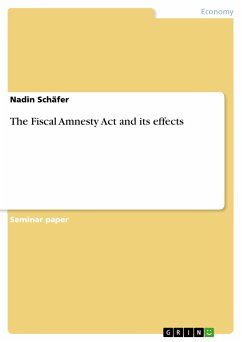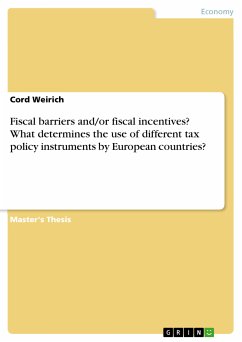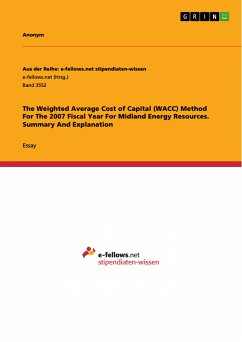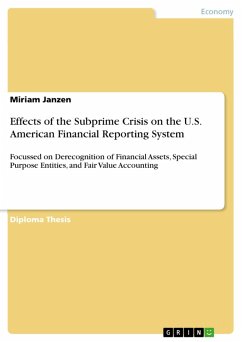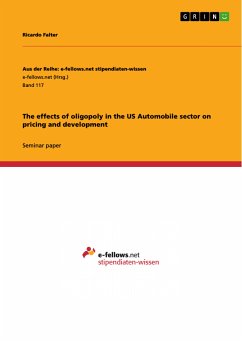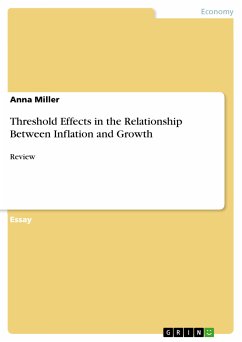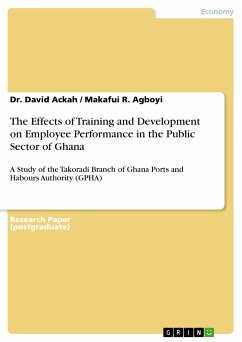Seminar paper from the year 2005 in the subject Business economics - Accounting and Taxes, grade: 1, University of Applied Sciences Eberswalde, language: English, abstract: If you announce your evaded incomes in a limited period voluntarily and you paid additionally a lump-sum tax on the evaded taxable income, you currently have the option to free themselves from prosecution, interests and penalties by filing a declaration of amnesty. This makes the new fiscal amnesty act possible. The amnesty is available from January 1, 1993 till March 31, 2005. By enacting this bill, the federal parliament created an offer which should be understood as a "bridge to tax honesty". This bridge could be used by citizens, who had taxable income in the past, but which do not paid the taxes or who kept it secret that they have illegally-earned money. The target group of the fiscal amnesty act are capital assets, which were invested abroad and which would like to transfer home to Germany on a legal way. Of course the offer is also designed for capital assets, which were invested in Germany and which bear interests, which are evaded taxable interests. 1 5 steps to find the way back to tax honesty 1. Filing out a declaration of amnesty during a certain time-limit 2. Paying a lump-sum 3. Free themselves from prosecution, interests and penalties 4. Because the would like to keep the citizen on the way of tax honesty, the fiscal gets more possibilities to check the activities of the citizen 5. Alternative for the fiscal amnesty act in Germany2

